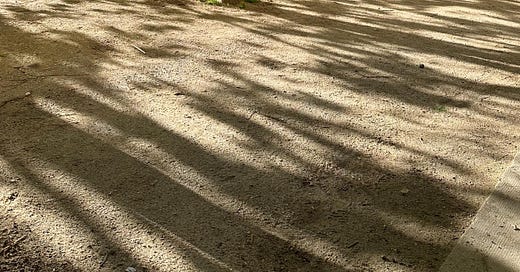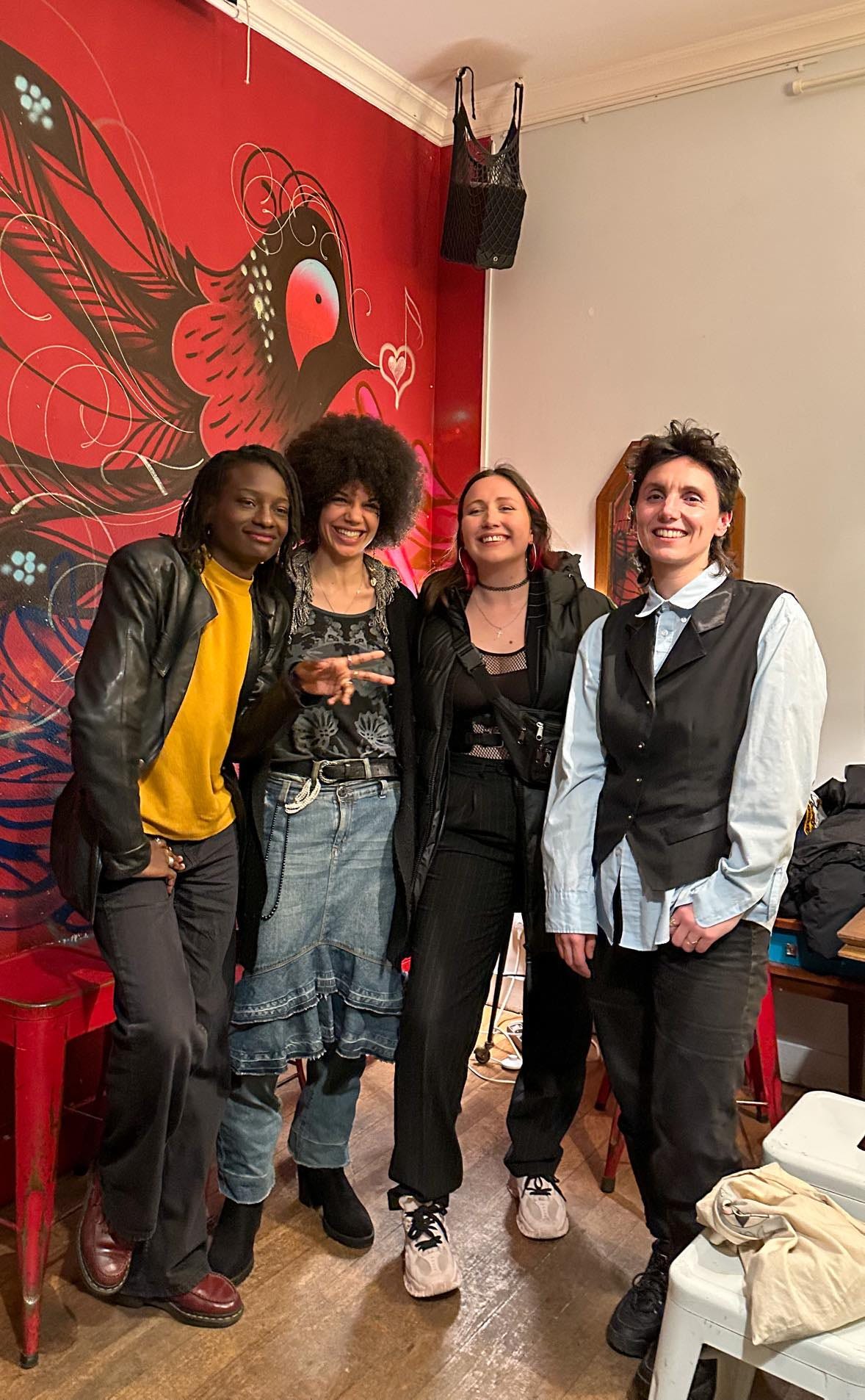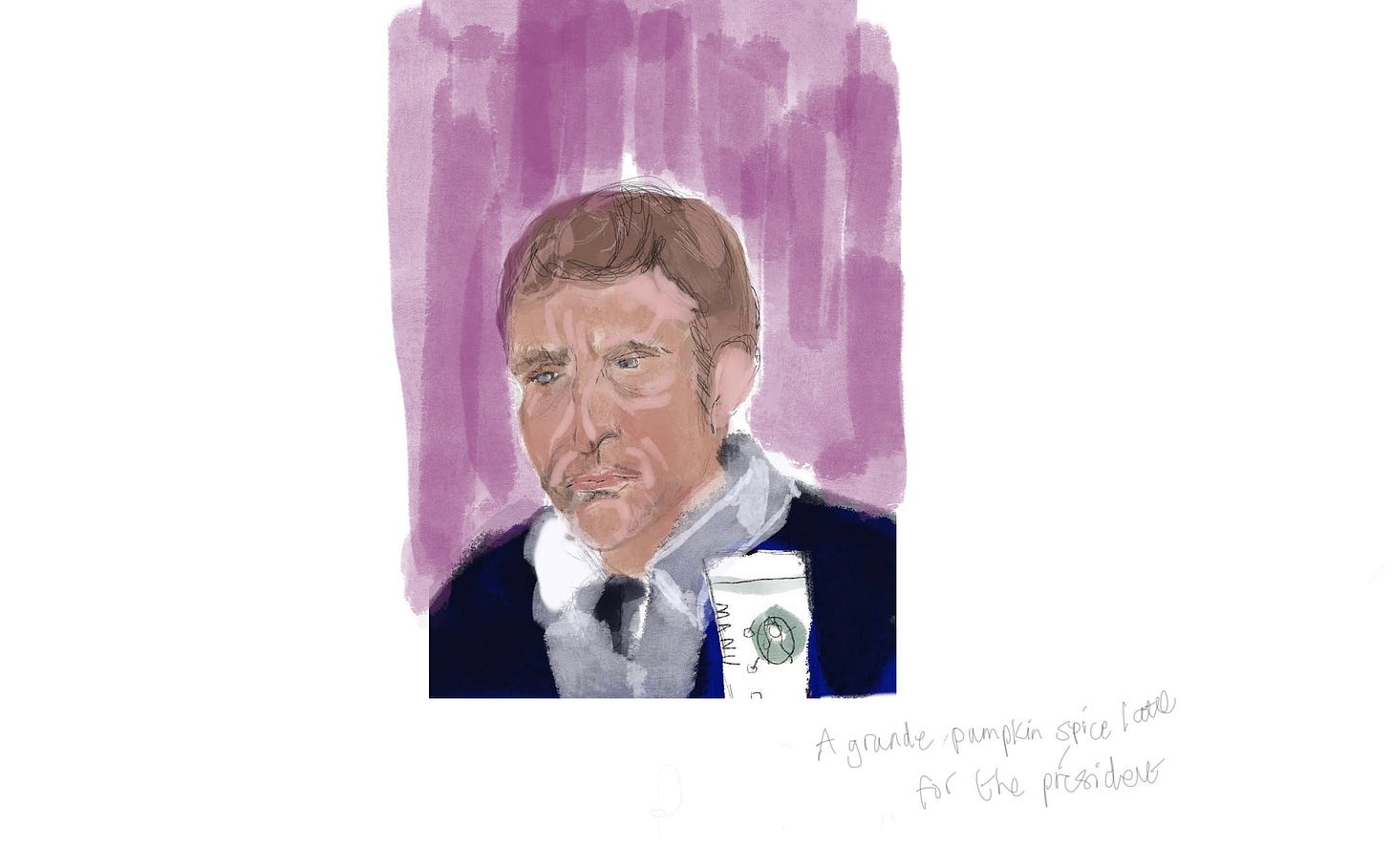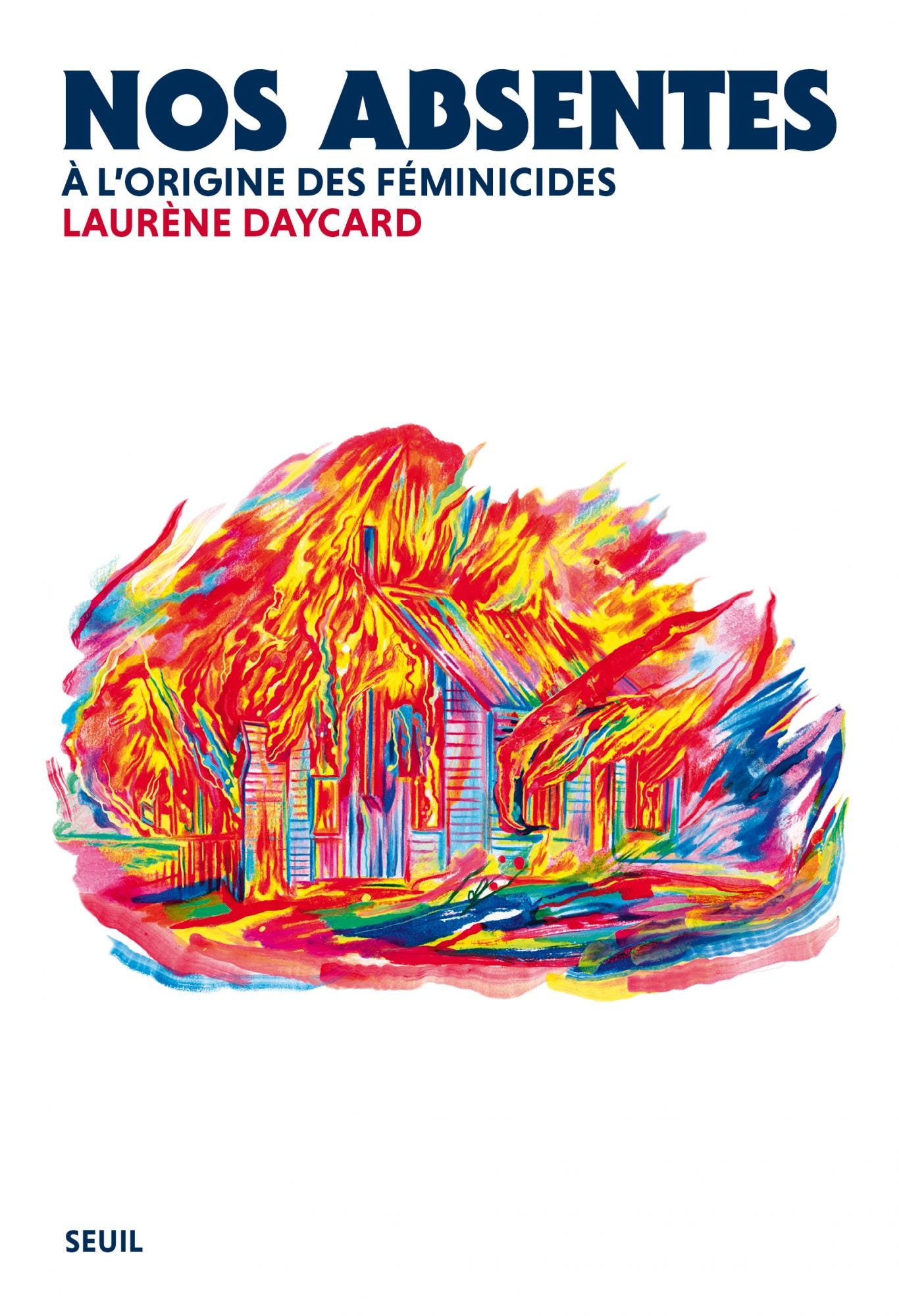#18 Comfort zone? I don't know her.
Speaking French in public, a new podcast episode and sixty second book club.
Hi friends,
Today, I get more personal as I share some goals for this year ahead, which are intended to get me out of my comfort zone.
I knew that this year was going to be a transitional one. That’s why I went back into therapy last December. The first big step was not renewing a client contract after three happy years running their global social media accounts. Less money, more time.
I initially chose to freelance to work with diverse clients on a range of projects. However, I found myself working in one particular sector, so it was time to change something. Along the way, I met some great people who were a pleasure to work alongside; some have even become friends.
The beginning of the year was busier than expected, and I am currently working with three new clients in different sectors. This allows me to pay myself a monthly salary, put money into my pension fund, and cover the mortgage I share with my partner.
Now, it’s time to focus on a mix of personal and professional projects. I want to play the piano more and get my driving license (Paris streets, watch out!) I’d also like to start getting paid to write about subjects I care about, such as feminism and literature (surprise, surprise).
So, this year is about me getting out of my comfort zone. Our new book club home, le pavillon des canaux, has played a role by presenting two French-speaking opportunities, both of which caused some panic.
The first was a book club session with the author present. In February, we read Post-Romantique by Aline Laurent-Mayard, who is both asexual and a-romantic and brought great energy to the session.
Together, we explored the social constructs that encourage us to focus on romantic relationships, as opposed to friendships, and imagined different ways to build community, inspired in part by the LGBTQ+ community. In case you didn’t know, I’m team female friendships..
The second opportunity was to moderate a discussion with four writers from éditions blast, a French publishing house that focuses on anti-racist, feminist, and queer literature. An incredible opportunity but one which sent me into a tailspin nonetheless. Was I radical enough? Feminist enough? Was my French up to it? I also tend to shy away from poetry, scared that the words and their meaning will elude me. This is part of a false narrative, as my wise friend Su would say.
And so, in late March, I found myself in the company of Douce Dibondo, Mag Lévêque, Miel Pages, and Sara Mychkine—four incredible humans, talented poets, and eloquent speakers. Did I make some French language mistakes? Oh, oui ! But the intimacy of this moment, where each spoke about their relationship with Karima and Sol, the founders of éditions blast, recited their poetry and shared what compelled them to write, was a huge privilege to be a part of.
Rage, love, joy, fear, solidarity, despair and hope…a wealth of emotions can be found in each of their poetry collections, which I invite you to explore. As some of you will know from our book club sessions, reading intimate stories has the power to move us and can lead to radical action.
A new podcast episode
My latest podcast guest is Hannah Meltzer, a British journalist, writer, and producer living in Paris. I first came across Hannah via her weekly newsletter, Pen Friend, where she shares her musings on French culture, European adventures, and beautiful illustrations.
Then I discovered that Hannah and I had a friend in common. It was none other than Sutanya from Dinner for One (or Kitchen Stories on Substack) who has a talent for acquiring British friends. So, I sent Hannah an email inviting her on the podcast, and she graciously accepted.
Chatting with Hannah about French politics, past and present, was also a little outside of my comfort zone. But as I am learning, some discomfort can be a good thing. We recorded the episode in February in Hannah’s flat, with her dog Babs listening in. It was a lovely moment and I’m a big fan of her thoughtful reflections.
Unfortunately, I had to cut some of our conversation (and cackles) in my quest to keep episodes between 20 and 30 minutes. But while doing the edits, I particularly appreciated Hannah’s insights about growing up in a single-parent household like mine, as well as our conversation on the rising costs of university education in the UK.
Everyone I have spoken to for the podcast is generous with their time and thoughts. I hope you enjoy listening as much as I enjoy researching and recording.
Sixty second book club
Laurène Daycard is an independent journalist specialising in women’s rights worldwide. I first came across Nos Absentes while reading Post-Romantique, where it is cited, and borrowed it from my local library.
Given that the subject matter is male violence and the murder of women, this is not a light read. However, in my opinion, it is a strong piece of journalism that allows you to go further in learning about gender-based violence and femicides with a French focus.
The opening chapter takes a look at male violence around the world, citing the Ni Une Menos movement in Argentina, the “statistical blackout” of murdered women in Turkey, and the atrocities committed against women working in the maquiladoras in the Mexican city of Ciudad Juárez, near the US border.
Nos Absentes then turns its attention to women who have experienced intimate partner violence in France. Patterns emerge, such as pregnancy being a potential trigger to violence, which then escalates once the woman announces her decision to leave; men who act violently towards their partner have done so in previous relationships.
Interspersed with anecdotes and memories from Laurène Daycard’s life, we follow her from the living rooms of grieving relatives to the courtroom and even to a centre dedicated to rehabilitating men who have been violent to their partners. The lack of financial aid for children who are left orphaned, the cost of intimate partner violence for the French government, and sobering statistics are all presented to the reader.
La relation heterosexuelle est l'un des principaux facteurs de risque d'homicide pour une femme en France. Pourtant, encore aujourd'hui, malgré l'évidence chiffrée, ce fait reste inaudible.
A heterosexual relationship is one of the main risk factors for homicide for women in France. Yet, despite the statistical evidence, this fact remains imperceptible even today.
Laurène also questions how her own profession has let women down, from click-bait headlines or misogynistic reporting on femicides, to intimate and non-intimate violence being relegated to news round-ups. She highlights the evolution of language and discourse surrounding male violence and does everything without sensationalising the topic.
The book doesn’t cover everything related to gender-based violence because that would be impossible, and we need more than one book to unpack everything. I’m currently trying to understand the use of femicide versus feminicide, as the vocabulary surrounding male violence is relatively recent.
When Emmanuel Macron became President in 2017, he declared gender equality as a priority during his five-year term. Now, in his second term, it is hard to see how he has delivered on his promise, as this article in Le Nouvel Obs clearly outlines.
Buy Nos Absentes : à l’origine des féminicides here or here.
Go further: au procès des folles (un podcast à soi)
Until next time, Lou
A note on The FBC Paris
If you’re new here, welcome! The FBC Paris is a passion project. Read our mission statement.
Follow us on Instagram: this is the best place to stay up-to-date with book club sessions.
Listen to the podcast: I chat to authors, translators, friends of the book club, and booksellers.
If there’s anything you’d like to see featured in the newsletter or have something to contribute, send an email to thefbcparis@gmail.com








